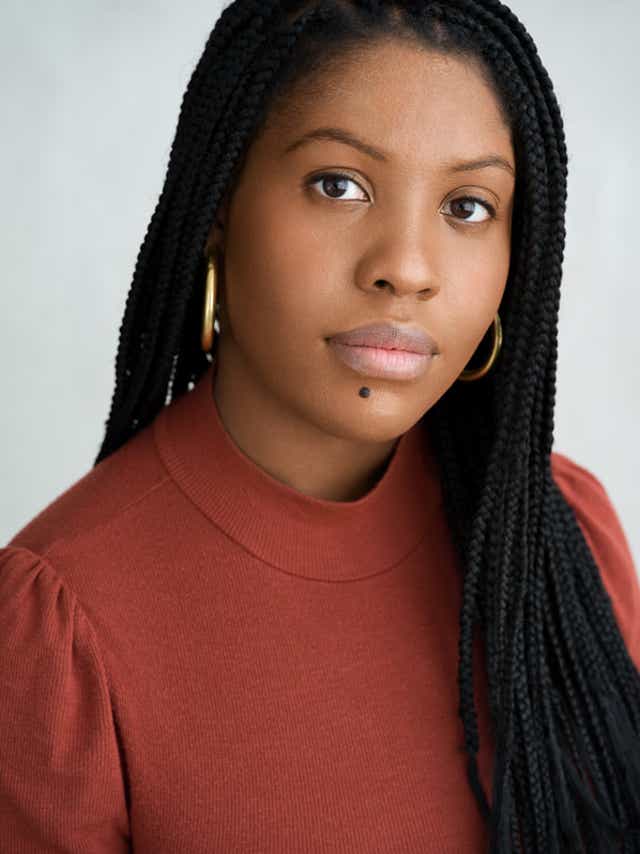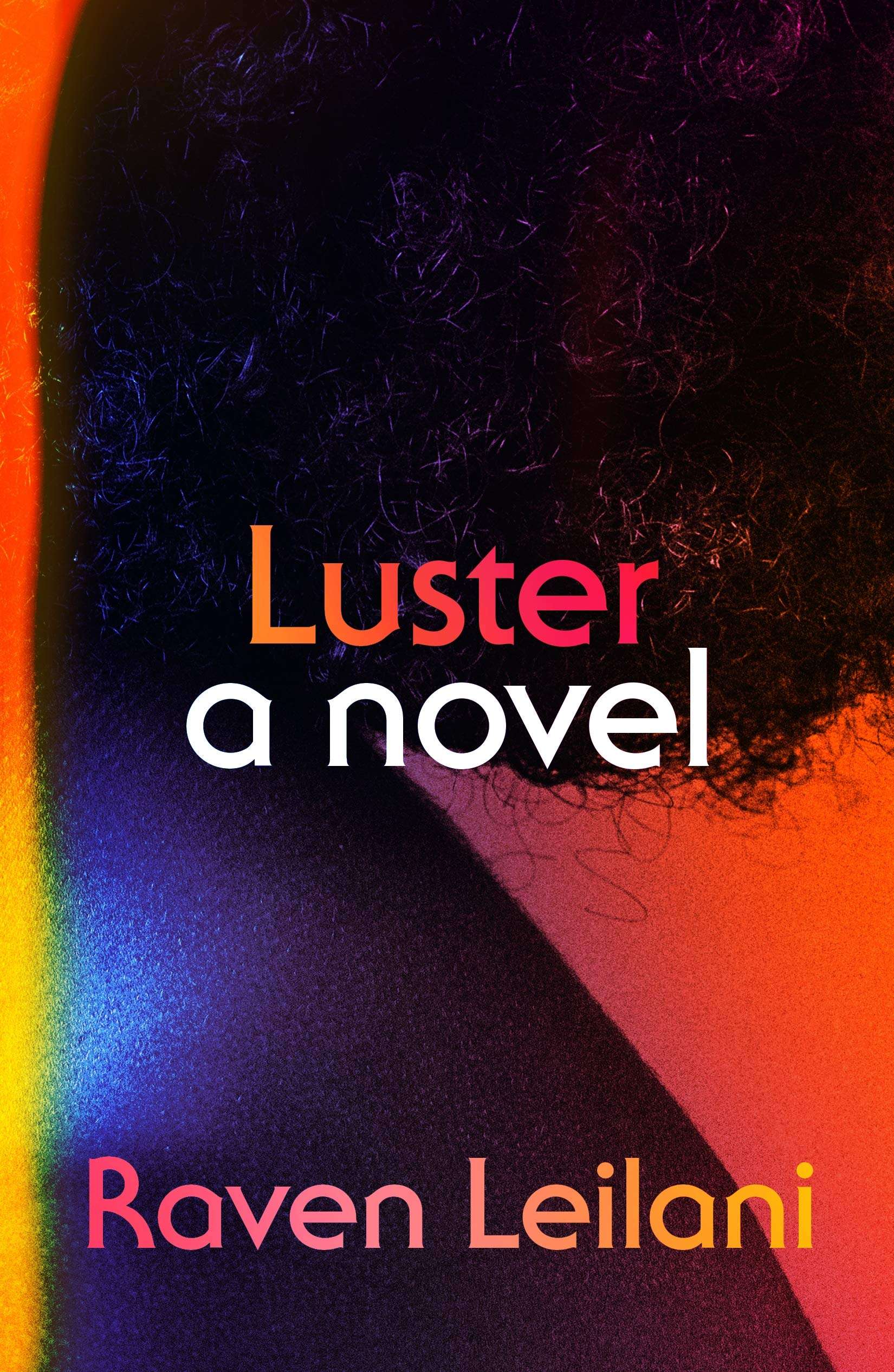Luster by Raven Leilani
Winner of the Kirkus Prize for Fiction, one of Barak Obama’s top books in 2020, lots of buzz for Raven Leilani’s debut novel about a young black woman. Definitely an “it” book. I requested it from the library shortly after it came out, and the wait for it was pretty long. But when it finally came up in my library queue, I deferred it until later. And then I deferred it again. And yet again. I started to feel guilty about letting it linger so long.
I finally admitted to myself that I didn’t feel all that compelled to read it, despite all the hype. I’m far enough away from being a young person who only really cares about having sex, and that seems to be what a lot of “contemporary young fiction” is about nowadays, including this one. I was afraid I was only pushing myself to read it in order to be one of the “cool kids,” not because it was something I would actually enjoy.

And yet, a few key people whose opinions I trust recommended it. What if instead of being afraid I was going to read something subpar just because of the hype, I truly was missing out on something simply because it didn’t fall into my demographic? I just couldn’t let it go. Then, suddenly, it was offered as a “Deal of the Day” on my e-book app, at an obscenely low price. Impulsively I bought it, lost the library guilt… and one day, I decided to give it a try.
It almost lost me of the first line: “The first time we have sex, we are both fully clothed, at our desks during working hours, bathed in blue computer light.” But I kept reading, and within three pages, I was hooked.
Edie, the narrator of Luster, is not a defiant, courageous, or plucky young woman. She’s somewhat superficial, has a real dependence on being in relationships and yet not good at keeping them, will sleep with just about anyone (the gal is slutty), is not terribly motivated and has pretty low standards, period. But she’s also candid, honest, clearheaded, unwilling to necessarily take the easy way out (not always, anyway), refuses to default to the victimization of a troubled upbringing, and has a wicked wit without caring about using it as a tool or a weapon. The way the strings of confluence join in her narrative is endearing, wacky and riveting in equal measure. The “context of my childhood” is boy bands, Lunchables and the impeachment of Bill Clinton. The happy part of her childhood is “The VHS of Spice World I received for my fifth birthday, the Barbie I melted in the microwave when no one was home.”
And this: “I put on a complex pair of underwear that is not so much underwear as a bundle of string, and I stand before the mirror. I think to myself, You are a desirable woman. You are not a dozen gerbils in a skin casing.”
Okay, I was so in at this point. I think it was about Page 6.
The thing that really stood out to me about this book, was about it was so NOT about what it was about. It’s hard to explain, but I’ll try. Edie is a young, black woman in New York City, who gets involved with a middle aged white man in an open marriage in New Jersey. But for everything that you may conjure up with that minute explication, you would be wrong. Well, no, you’d be right, but not for the typical reasons, not for what you would expect or what you would assume. All the dramas your mind settles into – they don’t happen. But there is drama. For all the sordid defaults you may expect, well, they are there but in entirely different hues. Not necessarily pretty ones, mind, but different.
Edie is not a young black woman in New York City, but she is young. She is black. She lives in New York City. Those are “facts” about her, but they are not necessarily who she is. And yet they are part of what defines her, without her being defined by those…. /sigh
Okay, I’m going in circles. I don’t know how to connect Point A to Point B here. Except to say that Luster was nothing like what I expected, even though it was exactly as it had been promoted. It is more than its promotions, its blurbs, its awards and buzz – not more due to a weight of literary integrity, but with the subtle – and sometimes bright, sometimes heavy – hues of what real life feels like. Or might feel like to a young black woman in New York City. It rings genuine, if not always/often pretty.
And I ended up reading it in one sitting.
I didn’t like all of it. I mean – it’s not my demographic, after all. But it’s damned fine writing. It’s fresh and it’s real and it’s good. And it’s highly recommended.
—Sharon Browning

